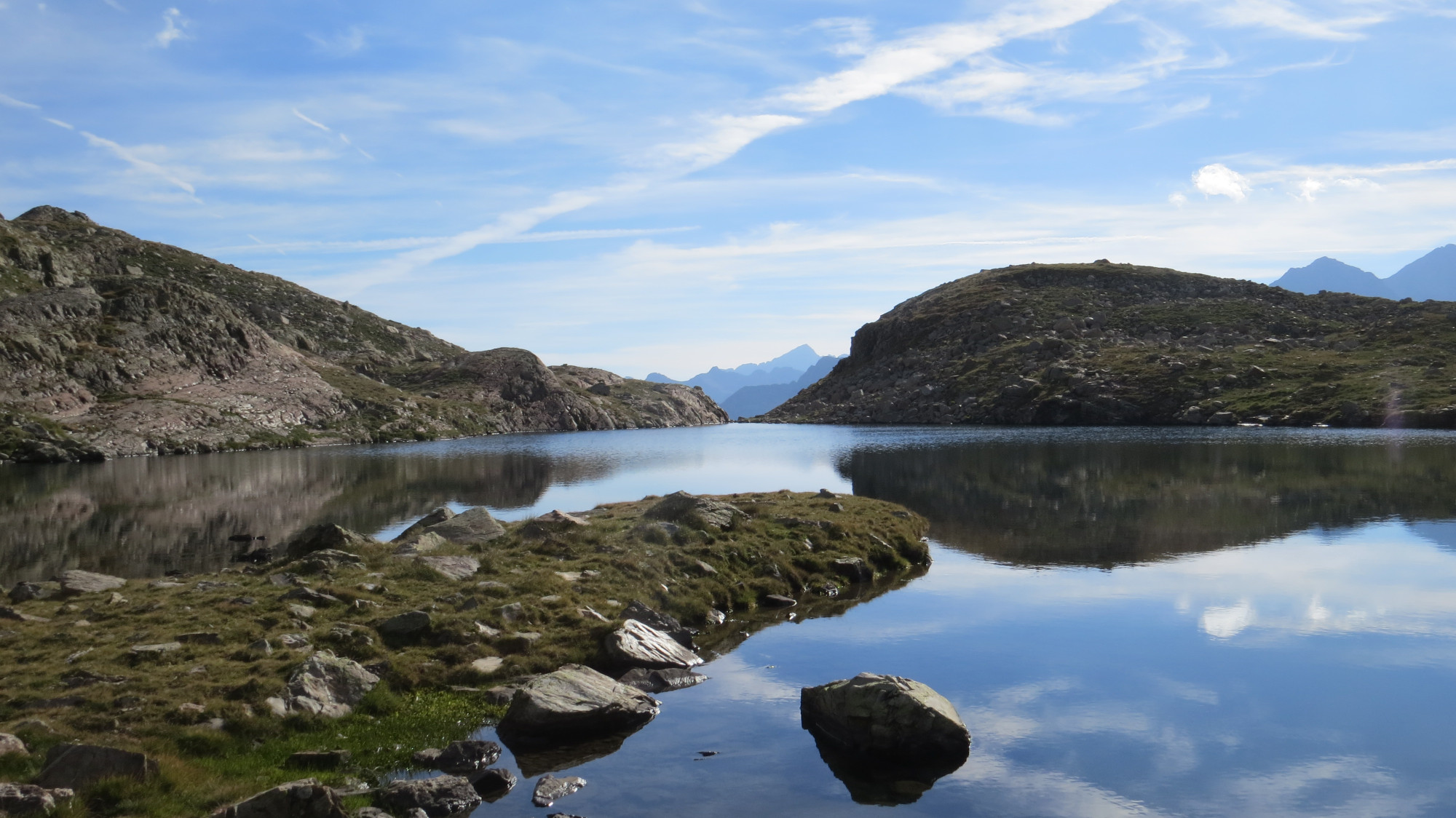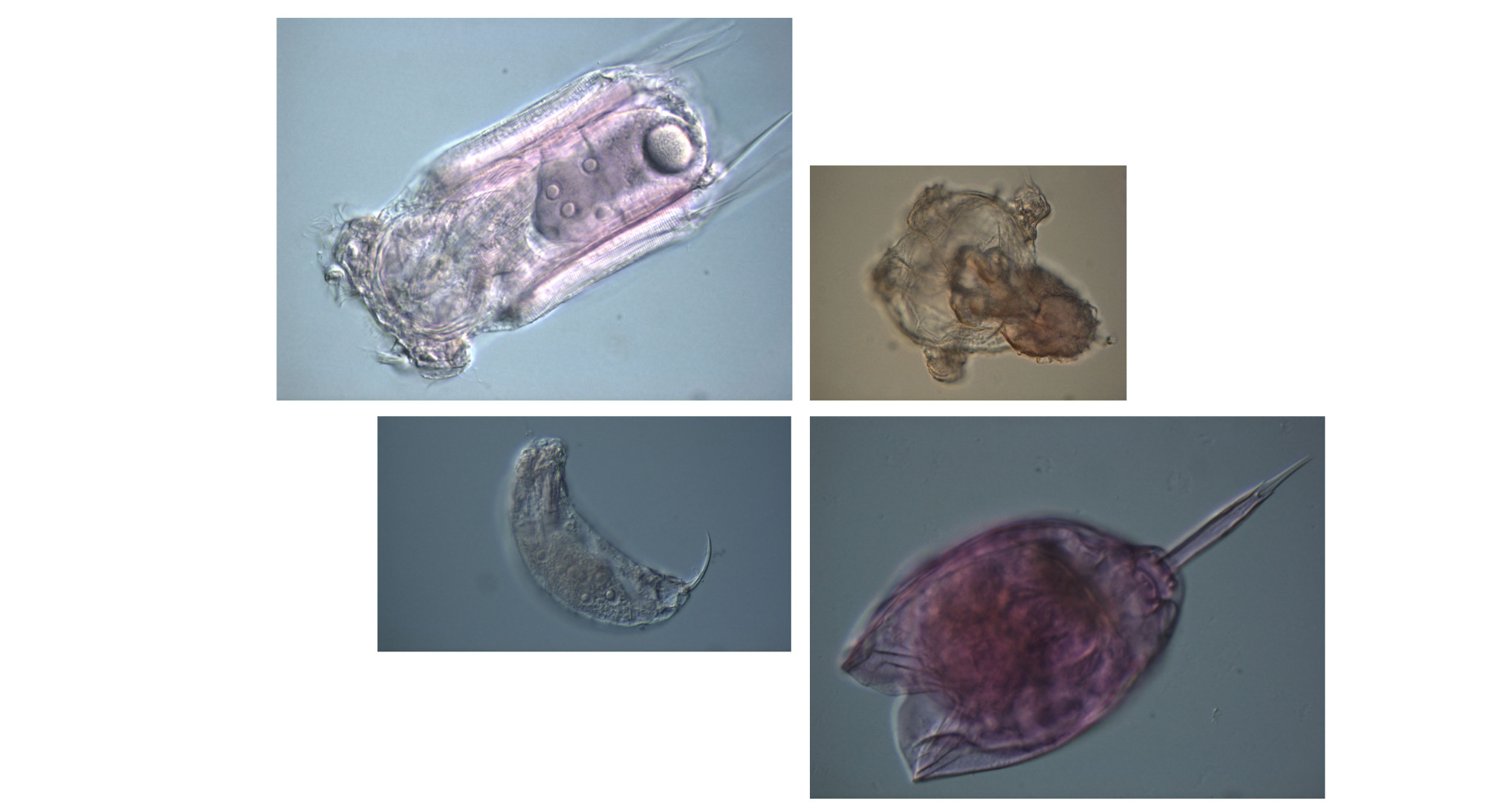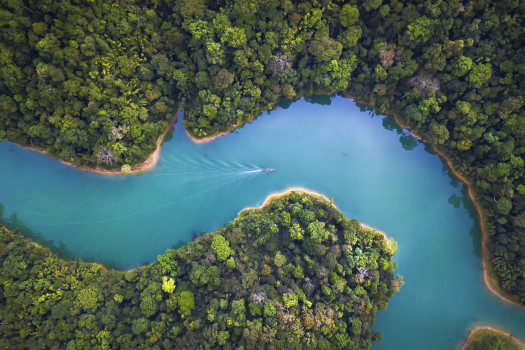Climate Change
Terrestrial Biodiversity
Pollution
Mountains, Glaciers, Tundra & Permafrost
Ecosystem Services
Climate Adaptation & Resilience
Water Quality
Toxic Pollutants & Hazardous Substances
AXA Chairs
France
2019.04.22
The Impact of Global Change on Mountains: Assessing the Threat to Nature’s Water Towers

“Mountains, like polar regions, are particularly impacted by climate change”, explains Dirk Schmeller, multidisciplinary expert, “Temperature fluctuations are more extreme, and it puts an enormous pressure on the ecosystem, which, as it changes, becomes more suitable for pathogen invasion”. To make matters worse, the introduction of pathogens in those sensitive environments from the lowlands is fuelled by anthropogenic activities, such as agriculture and fishing, but also by extreme climatic events. “For instance, evaporation can become so important that pathogens, like bacteria and viruses, can travel high up in the air and are then transported into the mountains. Stronger winds make a big difference too”, he stresses. The result of these various impacts is likely to be a serious reduction in the availability of high quality water. This worrying perspective has only recently attracted the attention of the United Nations. Indeed, partly thanks to Prof. Schmeller’s persistent efforts, the Intergovernmental Science-Policy Platform on Biodiversity and Ecosystem Services (IPBES) has just taken the decision to include mountains and pathogens into their topics for the future work programme. “The IPBES global assessment report on Biodiversity and Ecosystem Services is clear: Nature is declining globally at rates unprecedented in human history with grave impacts on people around the world now likely. The UN is calling for transformative change in the coming 20 years. Our project fits into this framework and aims to contribute to raising awareness and implementing good practices”.
Linking disease ecology and functional ecology
To do so, Prof. Dirk Schmeller and his team have set up an ambitious research program that will not only involve fieldwork in the Pyrenees, only a step away from Toulouse, but also in other mountain areas all over the globe, including the Sierra Nevada (United-States), the Dhofar Mountains (Oman), and the Zhongyang Mountain range (Taiwan). In these regions, the researchers will collect samples from small water bodies and streams, notably looking for fluctuations among different types of organisms, including microorganisms, such as planktonic species or biofilms, as well as key species like amphibians, who are good indicators of critical ecological change. The retrieved data will be analyzed and confronted with abiotic factors, such as pollution, but also with past data on climate and land use to shed light on the interactions and processes taking place in these crucial ecosystems. Broadly speaking, the research program will be divided into three work packages: achieving a better understanding of pathogen ecology in the regions studied, analyzing the role of the biotic and abiotic environment in the establishment of pathogens, and finally linking these ‘disease ecology’ investigations to water quality and ecosystem health. This complex, yet comprehensive approach aims at providing real-world solutions for conservation and ecology. In this respect, the holder of the Chair is particularly pro-active, making a point of disseminating his findings to the largest audience, academic and non-academic alike. The findings, as well as the initiative itself, will serve to inform and even teach not just biodiversity students and conservation agencies, but also policy makers and the whole decision-making arena on how to mitigate the adverse impacts to come. “I have always done fundamental research with the prospect of applying it. I don’t want to do research in a tower, but aim to have a more direct impact, to which communication is key. Everyone needs to be aware of what is at stake here, for mountains, but also for our all future”, insists the director of the program.
By linking the fields of functional ecology and disease ecology, the AXA Chair in Functional Mountain Ecology takes a highly relevant step in modern biodiversity research and conservation, subscribing to a worldwide research initiative called Future Earth, which aims at providing real world solutions for policy and society regarding global environmental change and global sustainability. Specifically, it fits into the framework of ‘OneHealth’, a collaborative and multidisciplinary effort to solving global and environmental health challenges. “High-altitude mountain freshwater ecosystems have been, and will continue to be, severely impacted by global change, threatening the livelihood of more than 50% of the human population”. The creation of this Chair has already contributed and will continue to contribute to drawing attention to this crucial, but neglected topic of research”.


Dirk
SCHMELLER
Institution
Institut National Polytechnique de Toulouse
Country
France
Nationality
German
Related articles
Climate Change
Pollution
Aerosols & Particulate Matters
Public Health & Health Policy
Toxic Pollutants & Hazardous Substances
Post-Doctoral Fellowship
Greece
2023.06.01
Insight in Dust Fine-Mode to Mitigate Health Hazards in a Changing Climate
Expected start date:June-2023 In late-April/early-May 2022, a surge of remarkable dust storms ravaged Iraq, resulted- according to the World Health... Read more

Emmanouil
PROESTAKIS


.thumbnail.jpg)
